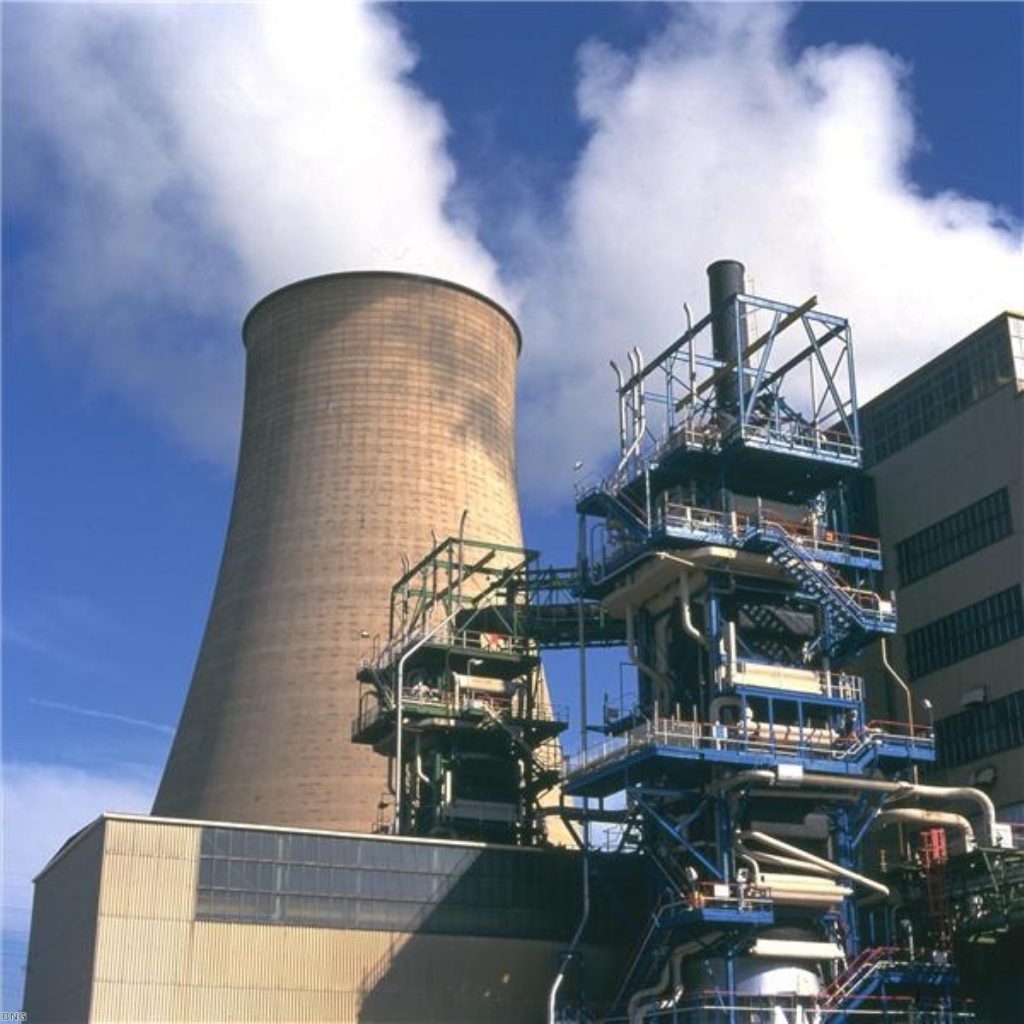Scientists criticise nuclear plans
The government’s attempts to reach consensus over plans for a new generation of nuclear power stations have once again provoked controversy.
A group of prominent academics and scientists has criticised the government’s consultation on energy supply, warning it failed to address crucial questions such as the risk from radiation, safe disposal of nuclear waste and the increased possibility of a terror attack.
The five-month consultation, which ministers will officially respond to next week, marks the government’s second attempt to reach agreement on a second generation of nuclear power stations.
An initial consultation on energy early last year was ruled unlawful by a high court judge, who found its methodology “seriously flawed”.


The nuclear consultation group – which is comprised of 17 energy economists and independent government advisers on nuclear waste – found the government once again appears to have failed to properly consult on plans to allow energy companies to build new nuclear power stations.
“We are profoundly concerned that the government’s approach was designed to provide particular and limiting answers,” said Paul Dorfman, a spokesman for the independent group.
“Those answers risk locking in UK energy to an inflexible and vulnerable pathway that will prove unsustainable.”
In its 87-page report, the group claims specific issues were not consulted on in any meaningful way or satisfactorily resolved.
It states: “It has left the government vulnerable to legal challenge and may lead to hostility and mistrust of any future energy decision.”
The Department for Business, Enterprise and Regulatory Reform (BERR) has disputed renewed criticism of the consultation.
A spokeswoman insisted the process has been thorough, with the public given five months rather than the standard three to four to air their views.
She continued: “We have received 2,700 responses from the extensive consultation, which included public meetings across the UK, a written consultation document, and a website.”
Of the 1,000 people quizzed by the government on nuclear power, 44 per cent said power firms should be allowed to build new plants while 36 per cent were opposed.
Green groups, however, have raised concern the information given to people was biased and inaccurate, with the seeming mandate for nuclear power achieved through loaded questions.
The BERR cautioned: “Time is pressing. We need to make a decision on whether we should continue to get some of our electricity from nuclear, which is a low carbon form of making energy.”









